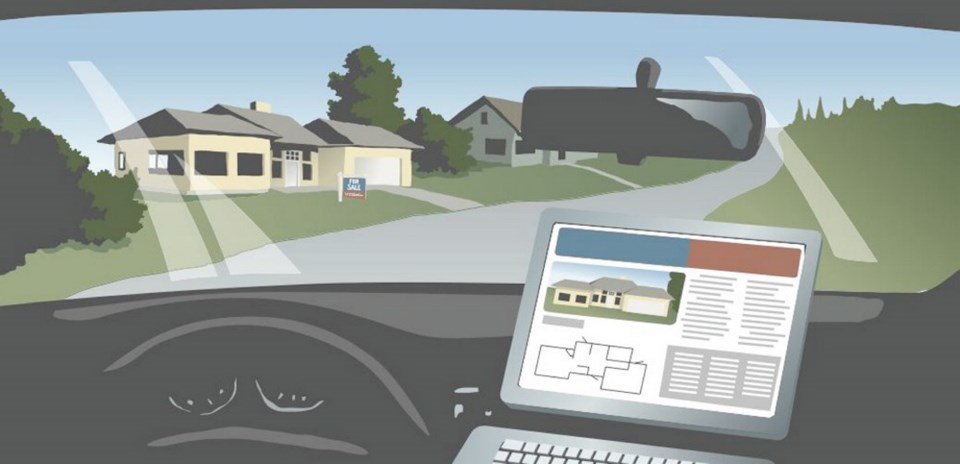Dear Tony: We have decided to downsize now that the kids and our pets are gone.
We have lived in a typical detached house in East Vancouver for the past 25 years, and we have been looking for a large strata unit to accommodate our lifestyle.
We have a number of concerns about buying into an older building, but new units are simply not affordable for the size we want. How do we separate the good from the risky when we are looking at aging condos?
We have several concerns relating to building conditions and impending costs of repairs, and in one unit there has clearly been water damage but no one can answer our question about it.
Neil and Marg Harris
Dear Neil and Marg: Well-maintained, existing buildings can be a sound investment, but to protect yourself, spend the time investigating the history of the building and study all of the documentation of the strata corporation.
One of the common, fatal errors buyers make is not going beyond casual communication with their agent or the strata corporation.
If you ask a question and someone is not prepared to give you a clear answer in writing, be suspicious.
Start by requesting copies of minutes of the council meetings and general meetings for the previous two to five years.
Request a copy of a Form B Information certificate and copies of any engineering, environmental and depreciation reports that have been obtained by the strata corporation.
Instruct your agent to obtain a copy of the registered strata plan, filed bylaw amendments and any filed limited common property allocations from the Land Title Registry.
Take the time to read the reports, study the financial information of the strata corporation and review the minutes of the meetings.
The minutes should identify major construction, repairs, maintenance, the decisions of the strata corporation and any other concerns.
Strata corporations frequently sanitize minutes to avoid disclosing damaging information or information that they perceive as confidential; however, when a strata corporation or council votes on a matter, they have an obligation to report that decision in the minutes.
It is up to you to review the minutes.
A strata lot that shows symptoms of water damage may either be a building failure, possible water escape claim or insurance claim that was not properly addressed. Even though an insurance claim involves decisions of the strata council, the claims and results of repairs are rarely reported in the strata minutes.
Request and review a copy of the strata insurance policy and ask whether there have been any claims or losses.
The Form B must identify the allocation of the parking spaces and storage lockers that are either assigned or available for the strata lot, and determine whether these are secured by a designation of limited common property, parking licence or simply common property that may be subject to reallocation.
Do not assume that because a vendor has listed specific parking spaces on their disclosure that the information is correct. Cross check the information with the Form B.
The Form B must identify any alterations to the strata lot where that strata lot will be responsible for the maintenance and repair of the alteration or the costs associated with an alteration.
The form must also identify any court/arbitration decisions or pending actions and must attach a copy of the depreciation report, the rules of the strata corporation and the owner developer rental disclosure statement.
Finally, read the bylaws closely. Age restriction, pet restriction and rental restriction bylaws are permitted and enforceable bylaws.
If the bylaws don’t fit your lifestyle, move on to the next property. While all the documents and forms may cost you a few hundred dollars, it is money well spent to find the right home for your lifestyle and ensure a positive investment.
Tony Gioventu is executive director of the Condominium Home Owners’ Association. The association’s website is www.choa.bc.ca.
